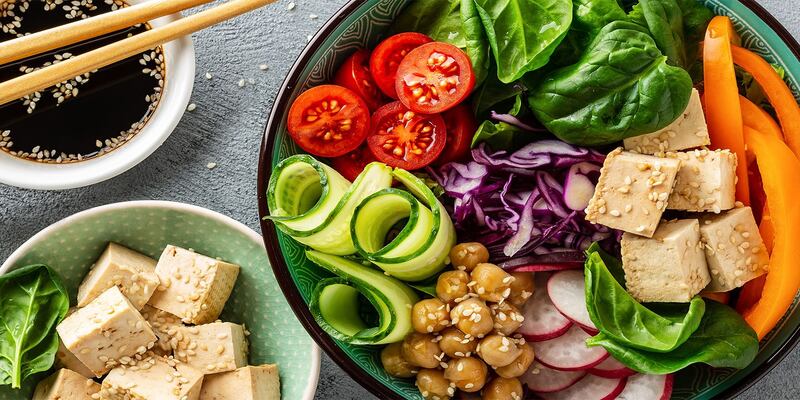Exploring the Potential of Mushrooms in Managing High Blood Pressure
Jan 18, 2024 By Madison Evans
Millions of individuals worldwide suffer from hypertension or high blood pressure. Various drugs treat this illness, but more people are turning to natural solutions. Mushrooms are a popular natural treatment. In addition to their culinary versatility, mushrooms may provide health advantages. Some mushrooms may lower blood pressure, according to recent studies. These discoveries have excited academics and health enthusiasts to investigate mushrooms' blood pressure-lowering potential. Mushrooms may provide alternative cardiovascular health benefits due to their unique nutritional content and possible therapeutic characteristics.
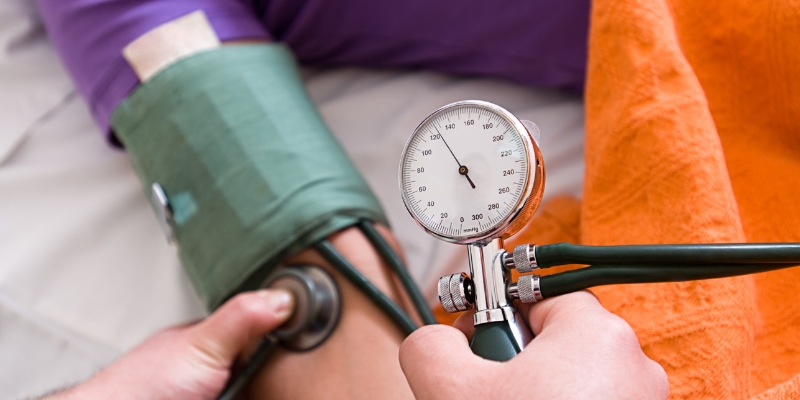
Types of Mushrooms with Health Benefits:
Mushrooms vary in health benefits. Some may reduce blood pressure, making them intriguing diet additions. Shiitake, Maitake, and Reishi mushrooms are famous for blood pressure and therapeutic advantages.
Shiitake mushrooms are known for their earthiness. Research finds that erritadenine may lower blood pressure because erritadenine inhibits a blood vessel-constriction enzyme. Although further human studies are needed, these findings seem promising.
Maitake, or "hen of the woods," mushrooms taste and feel different. The fiber beta-glucans may decrease cholesterol. Maitake mushrooms raise cholesterol and reduce blood pressure.
Reduce stress with adaptogenic reishi mushrooms. Stress-induced hypertension disturbs many. Reishi mushrooms may help with stress-induced high blood pressure. These mushrooms are supplements and extracts.
Mushrooms and Hypertension: The Connection:
Blood pressure control using mushrooms is being explored. These fungi may help hypertension with beta-glucans and antioxidants.
The Journal of the American College of Nutrition found that mushroom extract lowered blood pressure in hypertensive rats. While translating these findings to humans requires further research, the results are fascinating—potassium-rich mushrooms. Dietary potassium counteracts salt to lower blood pressure.
Nutritional Value of Mushrooms:
Understanding mushroom nutrition is vital to their hypertension-fighting properties. A healthy addition to your diet, these fungi are low in calories and fat. High in potassium, mushrooms help control blood pressure. Potassium controls salt and blood pressure.
Selenium and ergothioneine are antioxidants in potassium-rich mushrooms. Oxidative stress promotes inflammation, blood vessel damage, and high blood pressure. Antioxidants combat it. Eating a variety of mushrooms provides nutrients. One for Shiitake, Portobello, or Oyster mushroom fans may help manage blood pressure.
Mushrooms in Your Diet:
Adding mushrooms to your diet is simple and delightful. This versatile fungus adds flavor and health to many meals. Try them in spaghetti, salads, omelets, and stir-fries. The deep umami taste in mushroom soups and broths may reduce blood pressure.
Those with dietary restrictions or allergies may take mushroom supplements. Extracts or tablets of these items enhance mushroom components. Trying various mushrooms might spice up your meals and lower your blood pressure.
Use Mushrooms and Lifestyle Changes to Manage Hypertension:
Mushrooms may help treat hypertension, but a holistic strategy includes lifestyle changes. A balanced approach includes food, exercise, and stress reduction. Eating mushrooms is just one part of a healthy diet. Hypertension control relies on regular exercise. Exercise like aerobics, weight training, and yoga may reduce blood pressure over time. Consult your doctor for an activity regimen that fits your requirements and ability. Stress worsens hypertension. Meditation, yoga, and mindfulness help reduce tension and relax. In addition to diet and exercise, these stress-reduction measures may help you manage hypertension.
Dietary changes are helpful, but they should never substitute medical therapy or a comprehensive strategy for hypertension. Discuss your health goals and objectives with your doctor to establish a customized health plan. Your doctor is crucial to hypertension control. Regular blood pressure checks, health monitoring, and medicine prescriptions are available. They may advise on diets, including adding mushrooms and other blood pressure-lowering foods.
As part of a hypertension-friendly diet, mushrooms may be helpful. Although dietary modifications are essential, hypertension therapy should involve exercise, stress reduction, and medical advice. Collaboration with your doctor guarantees individualized suggestions and the best treatment choices for your health profile. You may lower your blood pressure and improve your health through a comprehensive approach and educated lifestyle choices.
Consult Healthcare Experts:
Discussing dietary changes with your primary care physician is crucial when treating high blood pressure. Mushrooms may help lower blood pressure but should not replace medicine or medical guidance. Your doctor may advise you on adding mushrooms and other foods to your hypertension treatment.
Medical professionals may propose diets, check blood pressure, and prescribe medicines suited to your health profile. Healthcare specialists may create a customized hypertension treatment plan based on your health, prior illnesses, and drug interactions. This method provides the safest and most effective therapy for you.
Risk and Allergy Awareness:
Mushrooms may be a healthy part of a diet, but they can have hazards and allergies. Some mushrooms may cause mild to severe allergies. If you suspect a mushroom allergy, see an allergist.
Consuming wild mushrooms may be dangerous since some are poisonous and deadly. Commercially grown mushrooms or those from reliable sources are suggested to reduce this risk. This precaution guarantees that your mushrooms are healthy and fit for consumption, reducing health risks.
In conclusion, working with healthcare specialists is essential when making dietary adjustments to treat high blood pressure, and mushrooms should be handled carefully due to allergies and wild variety hazards. By emphasizing medical supervision and safe sourcing, you may include mushrooms in your diet to control hypertension and improve your health.

Further Research and Future Directions:
Mycology, the science of fungus, is expanding to discover mushrooms' full hypertension-management potential. Future research may reveal the substances and processes that affect blood pressure. This study may also determine the best mushroom kinds and preparations for hypertensives.
For now, anyone who wants to eat mushrooms to lower blood pressure should do so carefully. Hypertension management requires regular doctor visits and medication compliance. As we wait for further scientific findings, mushrooms may enhance your meals and improve your health. Try several mushroom kinds and cooking ways to appreciate their distinct tastes while lowering blood pressure.
Conclusion:
In conclusion, mushrooms may help regulate high blood pressure. Shiitake, Maitake, and Reishi contain bioactive substances and high nutritional content, making them excellent research subjects. Mushrooms are tasty and healthy, but more study is required to determine their impact on blood pressure.
Remember that hypertension management needs a holistic approach. A healthy diet should contain mushrooms, fruits, vegetables, whole grains, lean meats, and low salt. Regular exercise, stress control, and medical monitoring are also important for hypertension treatment.

Growing to a Beard Faster
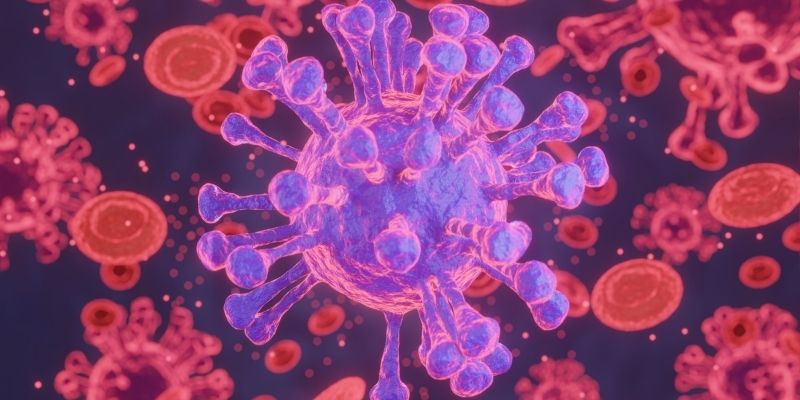
What Happens When Your Sodium Levels Drop Too Low?
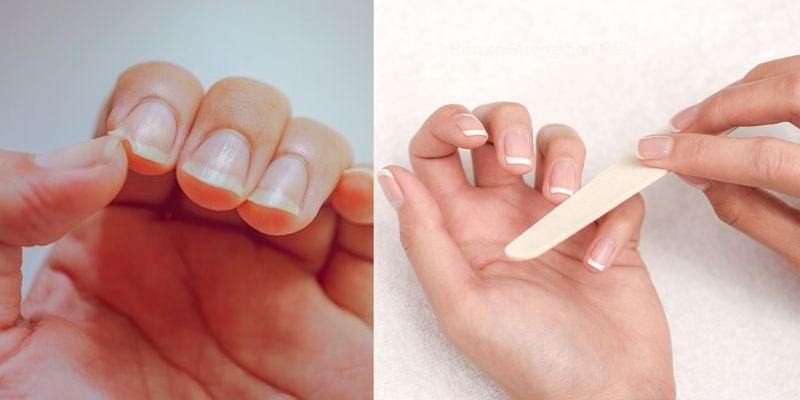
How to Strengthen Nails
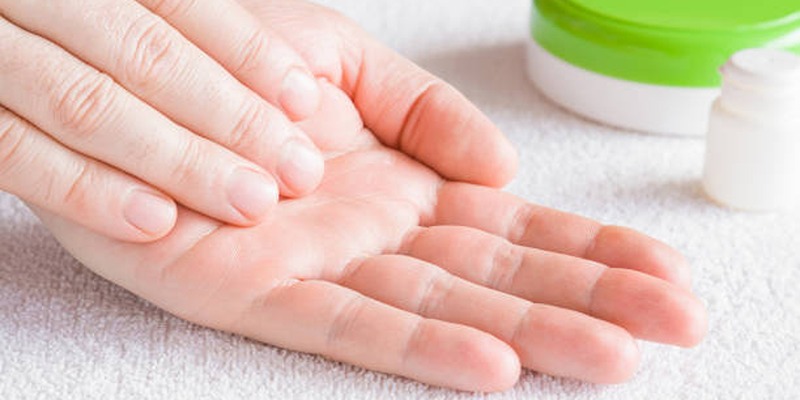
Effective Home Remedies for Ingrown Toenails

Does Sleeping More Improve the Look of Dark Circles?

Here are the 3 Key Tips for Building a Better Butt!

Ankle Resilience: A Comprehensive Rehab Exercise Program for Sprains
